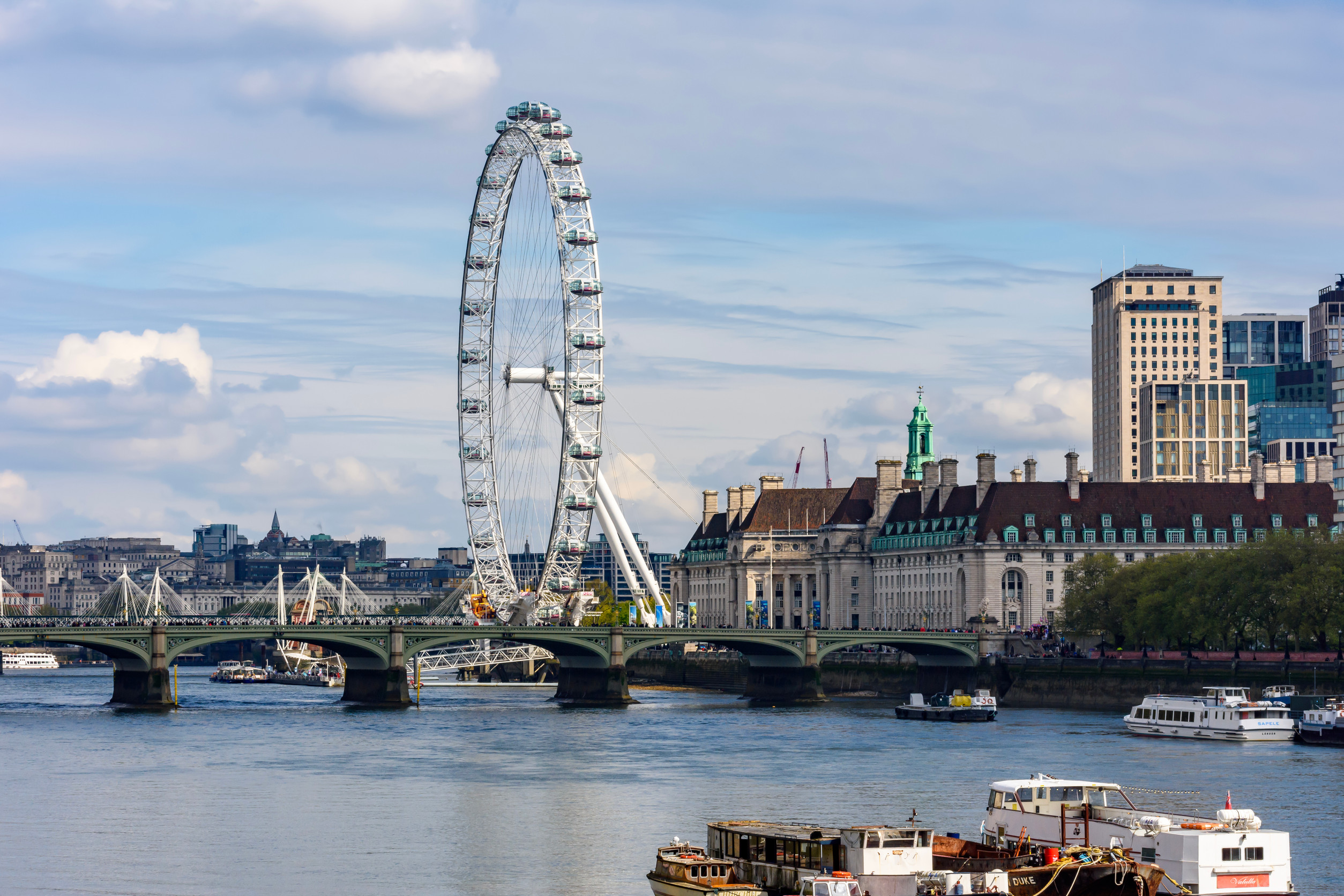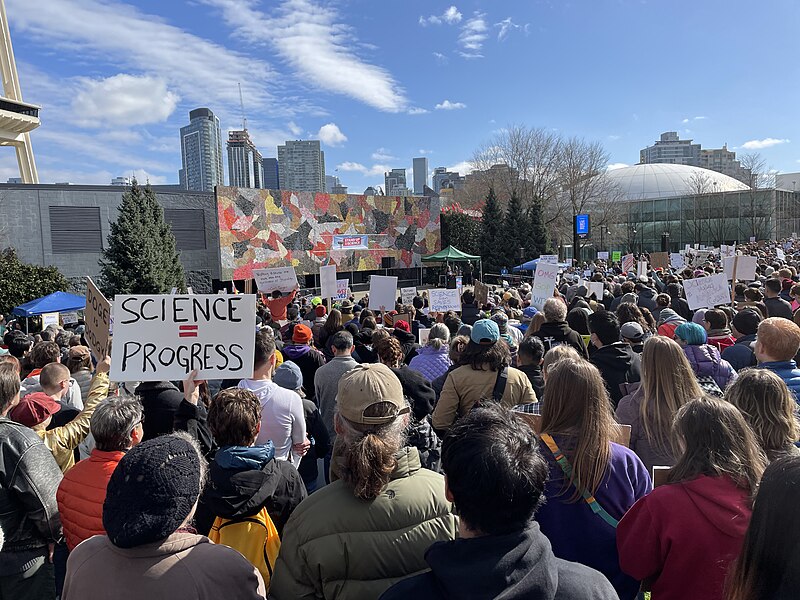How Mama Zula saved 100 people’s lives
Lekha Singh | November 2007 issue
“It was a Friday,” she says, “it was sometime in April.” The militiamen were burning houses. One neighbour’s house after another was going up in flames. The men, women and children who rushed out of the burning houses were killed and left to die in the road.
With deep courage, enormous strength and a set of keys, an uneducated woman named Mama Zula Karuhimbi, born in 1915, managed to save the lives of 100 people. She kept them hidden for 67 days during the 1994 ethnic genocide in Rwanda. She offered them shelter in her house in Gitarama, the country’s second-largest city, one of the places most affected by the horrible violence.
A boy came running up to her and begged her to rescue his mother. As they ran toward his house, they saw another neighbour whose house was burning. With much difficulty, they pulled him out. Mama Zula told the rescued man, “You can’t die; you can’t give in—we are going to defeat these evil people.” She hid the boy’s mother and others in her house.
“I was not scared,” Mama Zula says, looking back. “That’s how I was raised.”
Word got out that Mama Zula was sheltering Tutsis, and more people sought refuge, including two mayors. She locked everyone into her house. She kept her keys on her at all times, and she used the strongest locks she could find. As the genocide grew even more fierce, the numbers under her protection grew.
Members of the militia regularly came around to the back of her house, listening carefully to hear people coughing or breathing. But Mama Zula was mixing traditional cough remedies into the food she cooked for them, so that no one would give the whole group away by coughing.
The locks on her house made the militia men suspicious though; the house was made of wood and could easily burn. Everyone knew Mama Zula’s protection wouldn’t last forever against the killing.
She told the soldiers, “Don’t you see you are brothers? You played the game of kubuguza together. Do your research. We all are the same, we all have the same ancestors, we have the same blood.”
She convinced the militia men she was a witch. She warned them she had many secret powers, and if they hurt her or burned her house, their families would fall under a terrible curse.
Another time, militia members came to her and said, “We know you are harbouring Tutsi cockroaches. We are going to kill you.” She declared she was neither a Hutu nor a Tutsi, but a Muslim, and no good would come out of killing her.
She found as many ways as she could to save people—even hiding them under the chaff in the farm fields.
“God told me to be patriotic and courageous,” she says. “I survived and saved lives, but the people who killed will have a very hard life.”
Last year, on July 4, the 12th anniversary of the day in 1994 when the genocide ended, Rwandan President Paul Kagame awarded Mama Zula a medal for her service to humanity.
Mama Zula saved 100 people from brutal deaths. She wears the medal wherever she goes and still carries the key ring and keys as a reminder.










